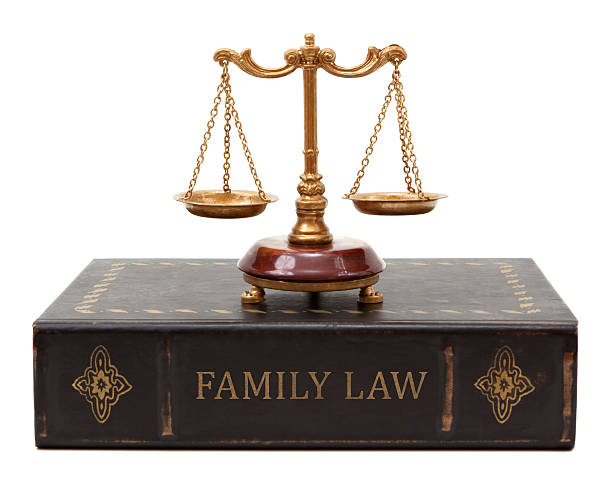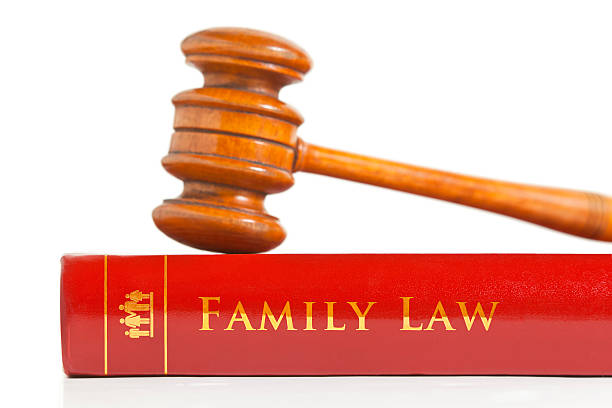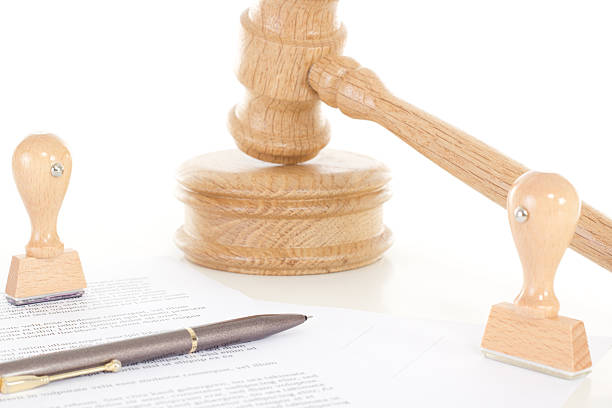Contempt of court in Family Law Act refers to the offence of being disobedient or disrespectful towards the court or authorities in the court. This happens usually when parties engage in behaviour that defies the authority and rules of the court.
In family law, this typically happens if parties who are bound to court orders fail to comply with the terms of the order. This breach of court orders is considered to be contempt of court. Those who are guilty of doing so can be penalised for their actions.
For example, if one party breaches parenting orders by not returning the child to the other parent on time, their actions result in contempt of court. As a result, the court may order a penalty either in the form of a fine, or compensation to the other parent for the time with their child that they have lost because of the breach.
There are a few Sections in the Family Law Act (1975) that outline the meaning and consequences of contravention of court orders. One such Section is Section 112AP titled “contempt.” Section 112AP is the only Section under Part XIIIB of the Act. This Part is titled “contempt of court.”
Contempt of Court Family Law Act Section 112AP
The first point (1) of Section 112AP states that this Section applies to a court that:
- does not constitute a contravention of an order under this Act, or
- constitutes a contravention of an order under this Act and involves a flagrant challenge to the authority of the Court. See meaning of “order under this Act” as mentioned under Subsection (9) below.
Subsection (1A) of the Act states that this Section does not apply to a contempt that constitutes a contravention of a maintenance order, in the case where a party has complied with the order before the matter of a contravention comes before the court.
A maintenance order in relation to a court under this Act that deals with the maintenance of a person other than a child.
Subsection (2) states that in spite of any other law, a court having jurisdiction under this Act may punish a person for contempt of that court. Subsection (3) states that the “applicable Rules of Court” may provide for practice and procedure as to charging with contempt and the hearing of the charge.
According to the Family Law Act, the applicable Rules of Court are as follows:
- in relation to the Federal Circuit and Family Court of Australia (Division 1)–means the Federal Circuit and Family Court of Australia (Division 1) Rules; and
- in relation to the Federal Circuit and Family Court of Australia (Division 2)–means the related Federal Circuit and Family Court of Australia (Division 2) Rules; and
- in relation to any other court–means the standard Rules of Court.
Standard Rules of Court means Rules of Court made under this Act.

Section 112AP Other Subsections
Section 112AP also lists out other points in relation to contempt of court. Subsection (4) of the Section states that where a natural person is in contempt, the court may punish the contempt by committal to prison or fine or both.
Moreover, subsection (5) states that where a corporation is in contempt, the court may punish the contempt by sequestration or fine or both. Sequestration refers to the act of removing, seizing or separating assets from the possession of the owner.
Subsection (6) states that the court may make any of the following orders for:
- punishment on terms;
- suspension of punishment; or
- the giving of security for good behaviour.
Subsection (7) states that where a person is in prison for a term for contempt, the court may order the person’s discharge before the expiry of that term. This entirely depends on the circumstances of the case and the severity of the contempt of court.
Furthermore, Subsection (8) states that the serving by a person of a period of imprisonment as a result of a contempt of a court arising out of a failure by the person to make a payment in respect of the maintenance of another person does not affect the first-mentioned person’s liability to make the payment.
Lastly, subsection (9) states that in this Section, “order under this Act” means order under this Act affecting children or an order under this Act within the meaning of Part XIIIA.

Seek Advice from Family Lawyers
Contempt of court is a serious matter and many parties may knowingly or unknowingly breach existing court orders. For example, breach of parenting orders is very common as parties assume that there will be no serious consequences.
However, they will be penalised for their breach. In extreme cases that involve family or domestic violence, breaching orders and contempt of court can also result in imprisonment.
Importantly, if your former spouse has breached orders, you can make an application for contravention. It is necessary for you to seek advice from family lawyers before you proceed with such applications. On the other hand, if you feel that you are being unfairly accused of breaching orders, it is advisable to obtain legal advice to plan your next steps.
At JB Solicitors, we have a team of award-winning mediators who can help parties resolve their family law disputes. We also offer other legal services and legal representation in family courts wherever required.
Contact our team of solicitors today.
